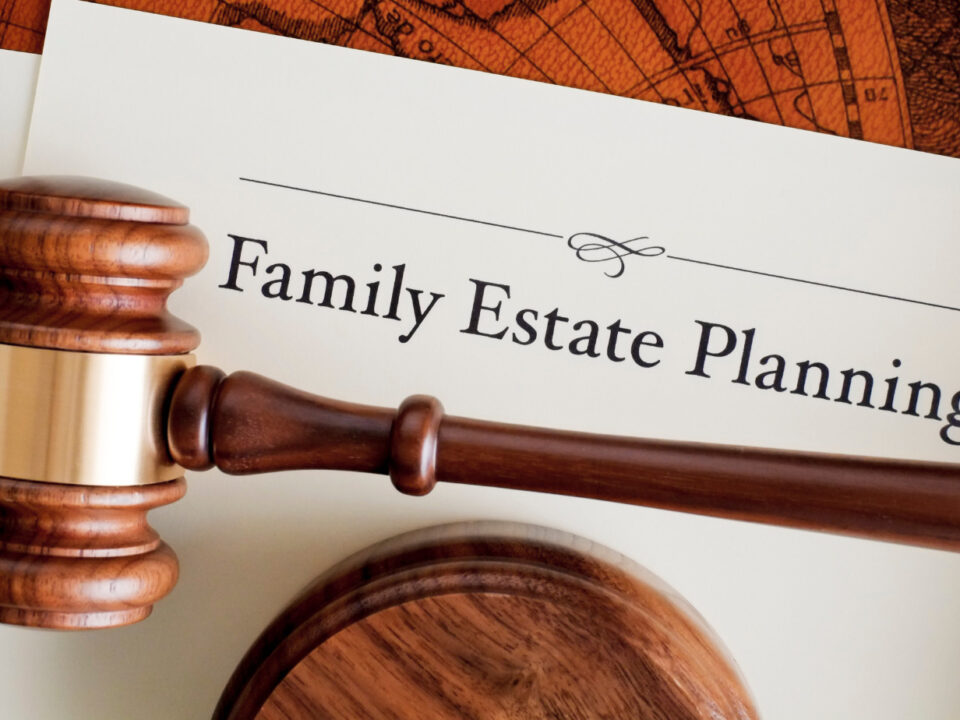- EXPERIENCED LAW FIRM IN TOLEDO, OH
- (419) 662-3100
Frequently Asked Questions About Estate Planning

Why All New Parents Need a Will
September 16, 2019
Everything You Need to Know About a Charitable Trust
October 14, 2019Estate plans – everyone knows they need one, but many people do not know why or what it should contain. If you have been considering your estate planning goals, you may have some questions that need answering. Here are some common questions about estate planning, and their answers, that might help you get started on building your own estate pan.
Why is estate planning important?
Only through an estate plan can you control your property and how it is used after your death. It is vital to protecting and providing for your loved ones. It also provides tools to ensure your best interests are protected should you become disabled and unable to care for yourself and your finances.
What are death taxes and how can I avoid them?
If you’re considering an estate plan, you have probably heard about estate or “death” taxes. If it’s large enough, your estate may be subject to taxes at your death. To avoid estate taxes and protect more of your wealth for your beneficiaries, you need a solid estate plan. There are several tools that can pull your assets out of the path of these large tax penalties.
What is probate?
Probate is a court process that takes care of the needs of those who cannot make decisions about their own healthcare and finances. While most people think of probate court as the process to disperse assets after death when an estate plan is not in place, probate also steps in when minor children or incapacitated adults need decisions made.
Why is probate a problem?
The probate process can take a lot of time and eat up a lot of financial resources. This means your assets could end up paying for probate court, and your beneficiaries may face considerable delays waiting for what is rightfully theirs. Not only that, but probate court becomes public record, so your affairs are available for anyone to see. Estate planning can help keep your assets out of probate court, if done well.
What is a will?
A will is the most basic estate planning tool. It outlines your desires for your estate and your beneficiaries. The will does not protect your estate from probate court, as the probate court will help interpret the will and disperse the assets, but it is the most basic part of your estate plan. The will is the best way to state the next guardian of your children, and also provides the basic outline for the rest of your estate plan.
What is a living will?
Though it sounds the same, a living will is different than a last will and testament. The living will, also called an advance medical directive, legally outlines your wishes for advanced medical intervention you want should you sustain a life-threatening injury or illness. This shows your loved ones exactly what care you want, and what can be withheld or withdrawn, so they do not have to make these agonizing decisions on your behalf.
What is a trust?
A trust is a legal arrangement that puts assets into the trust where a third party, the trustee, is able to make decisions and disperse those assets. A living trust, one of the types of trusts commonly used in estate planning, allows the estate’s owner to continue using assets while in the trust, then have them transfer automatically to the trust upon the owner’s death. The trustee then either distributes the assets or holds them until minor children come of age. This protects the estate from probate court, because legally the estate owns the assets, not the person who died.
What is a durable power of attorney?
A durable power of attorney is another document that outlines your desires should you become incapacitated. If you are disabled or injured and cannot take care of your own financial affairs, this document states who you wish to handle your affairs on your behalf. This is similar to the living will, but it is more involved. The person you name as your power of attorney can make medical decisions and financial decisions that go beyond the end of life care covered in a living will.
Why should I use an estate planning attorney?
Today, it is possible to buy will and trust documents without the help of an attorney, but these documents are generic and are not specific to your unique situation. Also, you have to be careful to ensure they follow your state’s laws. Working with an estate planning attorney ensures your documents are specific to your estate and its assets, are in line with your state’s laws, and do not contain errors that would lead to delays in probate court.
If you are considering your estate planning needs, the right attorney is an important piece of the puzzle. Reach out to HML today to discuss your estate planning goals with a qualified legal professional.






